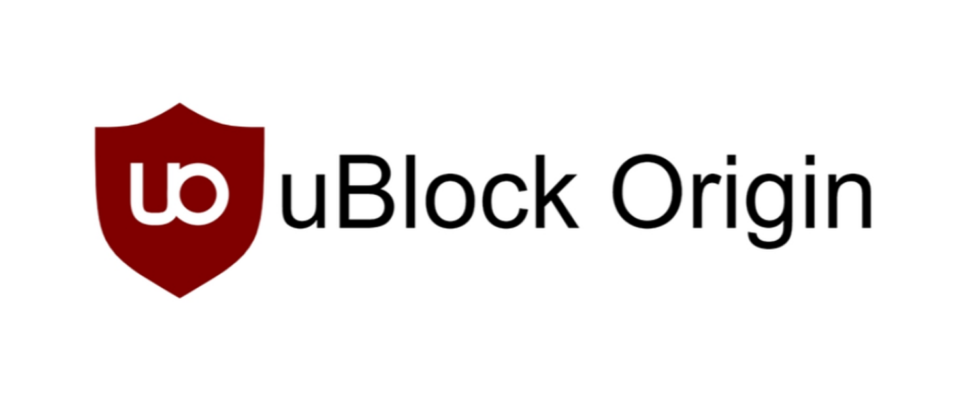We expected it, but it’s the end for uBlock Origin within Google Chrome! The popular ad blocker is now incompatible with the browser. And it is now disabled automatically.
If you’re used to using uBlock Origin on your Chrome browser to avoid being bombarded with ads from all sides, get ready to say goodbye to it! Indeed, the famous browser extension is being automatically deactivated by Google for all users. On his X account, Raymond Hill, the developer of uBlock Origin, shared a screenshot showing a Chrome pop-up indicating that the browser had automatically disabled several extensions, including uBlock Origin. This is not officially “no longer supported”. On the Chrome Web Store, unable to install, a warning message saying that “This extension is no longer available because it does not follow best practices for Chrome extensions.” An ending awaited for several months and which is finally coming to fruition. RIP, little angel gone too soon!
Google Chrome: a delicate transition to Manifest V3
Google has in fact been working for more than five years to review the way extensions for Chrome work, in particular by moving from Manifest V2 to Manifest V3. The Manifest is a sort of specification that defines the rules that Chrome extensions must respect to function (behavior, access and permissions, triggering, execution of scripts in the background, etc.). The third version is supposed to improve browser security and performance, but at the cost of developer freedom (see our article).
Indeed, if Manifest V2 was generous enough to leave a rather wide scope for extensions, Manifest V3 is much more restrictive, particularly when it comes to blocking content on the fly. Because the first extensions to suffer are those dedicated to blocking advertisements such as AdBlock, uBlock or AdGuard to name just a few. These extensions use a large number of rules to dynamically filter the content displayed on web pages. uBlock Origin, for example, would contain more than 300,000. However, with the new version of the Manifest, the maximum number is set at 30,000 in order to guarantee more flexibility to the browser and better performance, thereby making ad blockers much less effective. Therefore, the full version of uBlock Origin cannot be fully ported to the new Manifest V3 platform. Hence the deactivation.
End of uBlock Origin on Chrome: how to avoid ads?
But then, what to do? You have no choice but to find alternatives. The developer of uBlock Origin already offers a uBlock Origin Lite extension that supports Manifest V3, but has fewer features than the “full” uBlock Origin extension. Not to mention that the new Manifest V3 API does not allow the extension to modify request headers or bodies, which limits its filtering capabilities. Please note, you must manually install uBlock Origin Lite from the Chrome Web Store because it is “too different from uBO to be an automatic replacement”according to the FAQ posted on GitHub . On his X account, Raymond Hill also published a screenshot showing the difference in processing between uBlock Origin and uBlock Origin lite.
Otherwise, you can always switch to another browser. Firefox, which adopted Manifest V3 before Google, appears to be a good alternative, since Mozilla announced that it would continue to support Manifest V2 extensions, including uBlock Origin. Brave can also be a good troubleshooting solution, since it automatically includes an ad blocker and the firm claims that he “will continue to support some privacy-related MV2 extensions […] as long as [cela sera] possible”. It’s up to everyone to see!
